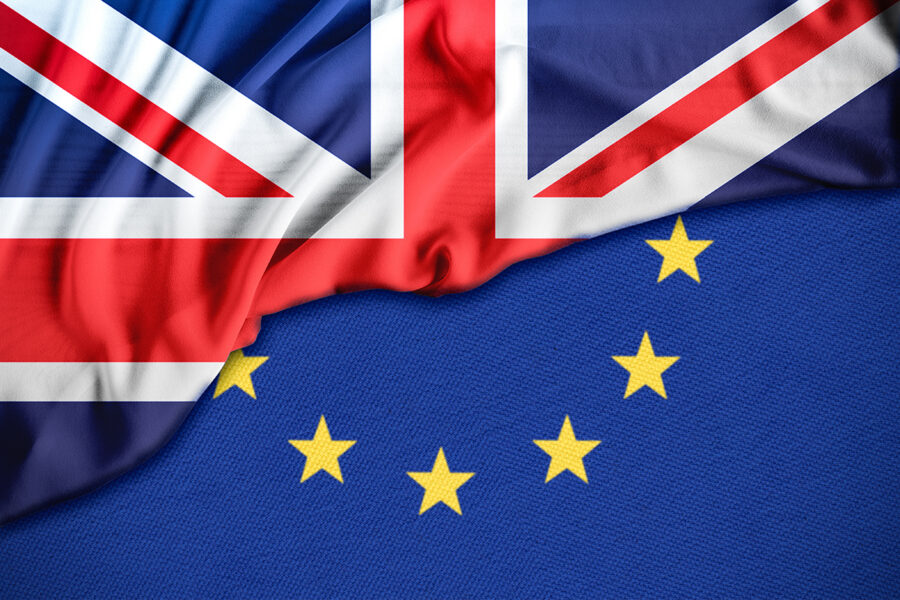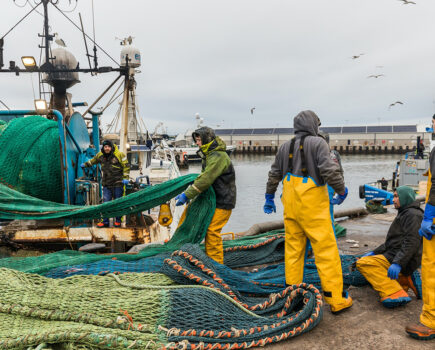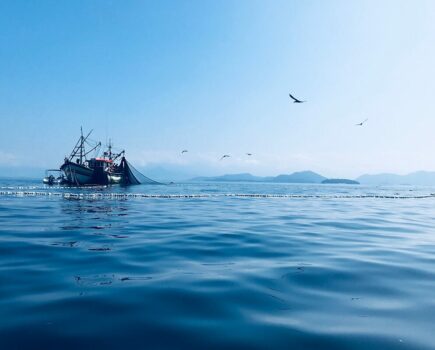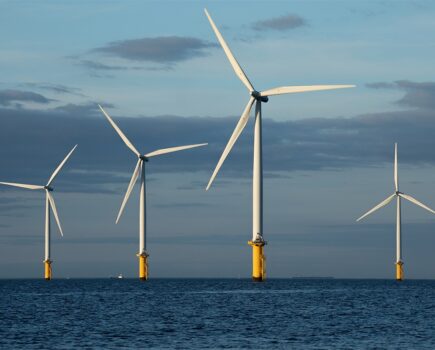Tory election win clears way for Brexit
New Year countdown to freedom from CFP
The UK is now virtually certain to leave the EU and the CFP on 31 January, after the Conservatives won a healthy majority at last week’s general election, reports Tim Oliver
The result means that the new government will be able to pass the withdrawal agreement through parliament by the extended deadline for leaving the EU, in what will be a historic day for the British fishing industry.
It means that the UK will, from 31 January, become a legally independent and sovereign coastal state with the powers to regulate and control fishing within its 200-mile EEZ/median line.
A transition period will then begin, lasting until the end of 2020, during which the UK will have to continue to comply with CFP regulations.
Negotiations with the EU on access and quota shares from 2021 will begin almost immediately after withdrawal, and are certain to be tough. The new government will also begin negotiations on a free trade deal with the EU. The UK government and industry position is that fisheries and trade talks must be kept separate, but the EU has insisted they will be linked.
NFFO chief executive Barrie Deas said it was expected that a framework fisheries agreement could be concluded by the end of July.
He said: “A framework agreement could consist of very high-level statements, referencing co-operation on managing shared stocks, broad commitments to sustainable fishing, and compliance with the UN Law of the Sea. The current framework agreement between the EU and Norway is an obvious template.
“Negotiations for an annual UK-EU fisheries agreement for 2021 would be expected to occupy the second half of 2020.”
There will also be tripartite and bilateral discussions with coastal states such as Norway and the Faroes. The content of the annual fisheries agreement would include setting TACs, quota shares and exchanges, and access arrangements.
“Both the EU and the UK accept, under the terms of the withdrawal agreement, that from the end of the transition period, their fleets will have no automatic right to fish in each other’s waters,” said the NFFO chief.
“Access would be subject to negotiation, as would quota shares and quota exchanges.”
He said that the stakes are ‘very high’ for all parties in the next phase of negotiations with the EU. The UK has made clear in its white paper that some access could be granted to EU fleets to fish in UK waters, subject to the satisfactory negotiation of revised quota shares.
“The EU has made it equally clear that any free trade deal with the UK would be contingent on the status quo on access and quota shares,” said Barrie Deas. He added: “The EU will try to hang on to the current arrangements, which work so well to its benefit. In both the EU and the UK, fishing rights are a matter of high visibility and high political profile.”
Elspeth Macdonald, chief executive of the SFF, said: “The SFF looks forward to working with both the UK and Scottish governments in the months ahead to secure the best Brexit deal for the industry.
“It is vital for future growth that control of UK waters is restored, and that the country becomes a coastal state by the end of 2020. That way, our governments can determine who gets to catch what, where and when around our shores.
“We will continue to engage with Westminster and Holyrood to secure these fundamentals as negotiations on the fisheries agreement begin.”
SNP to push for Scottish independence
The general election results look set to increase the pressure for a second referendum on Scottish independence, after the SNP won 48 of the 59 Scottish seats, with the Conservatives reduced to just six. The SNP secured 45% of the vote – 8.1% more than in the last general election in 2017, when it won 35 seats.
With the party committed to Scotland remaining in the EU and thus in the CFP, a vote for independence would have profound implications for the Scottish and UK fishing industries.
Scottish first minister Nicola Sturgeon said that the country had sent a ‘clear message’ on a second independence referendum.
She had already pledged to send a letter to the prime minister before Christmas requesting that Holyrood be given the power to hold a second independence referendum, reported the BBC.
“Scotland has sent a very clear message – we don’t want a Boris Johnson government, we don’t want to leave the EU,” she said.
“Boris Johnson has a mandate to take England out of the EU, but he must accept that I have a mandate to give Scotland a choice for an alternative future.”
Scottish fisheries minister Fergus Ewing has slammed the withdrawal agreement as ‘not worth the paper it is written on’. He said that the UK government’s Brexit fisheries promises were ‘glib, boastful and lacking in substance’.
He told Scottish MSPs at Holyrood before the election: “The withdrawal agreement and the associated documents contain no agreement whatsoever on fishing. It was too difficult for the UK government to do that – it would not have got the deal that it had boasted it could get.
“That was too hard, so the documents that are on the table, which are being presented as a panacea for all the ills of Scottish fishing, are simply an agreement to kick the can down the road – an agreement to seek agreement later.
“The agreement is not worth the paper that it is written on. There is no contract, no certainty, no clarity, no future and no hope. I suspect that the betrayal will begin shortly after voting has finished.”








